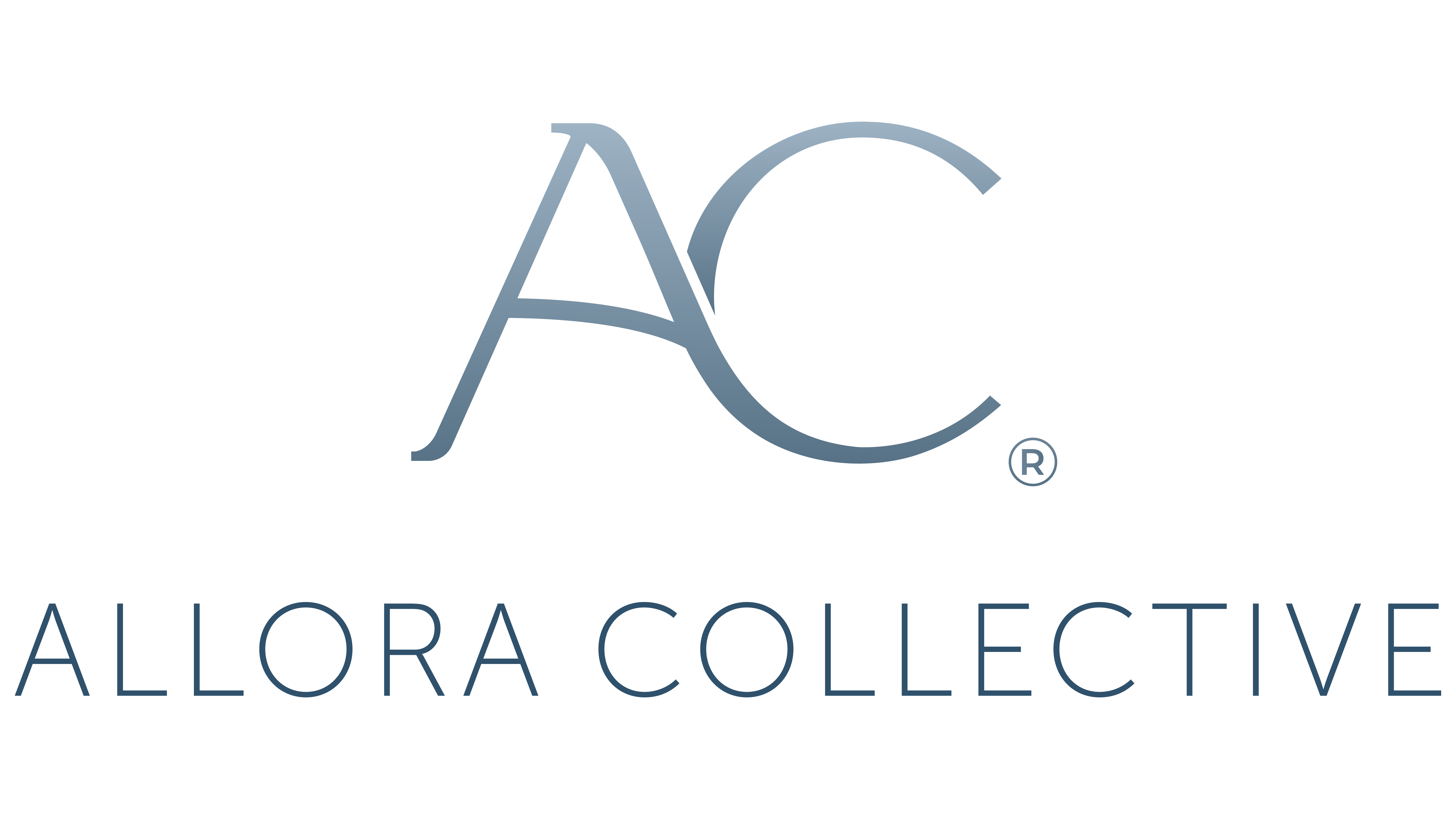
Boost Your Tech Career. Break In, Level Up, Or Find Something New

TLDR; This blog might feel relevant to you if…
- You’re curious about working in tech
- You’ve working in tech and considering your next play or an internal transfer
- You’re a tech worker ready to transition industries
I’ll be highlighting a few common trajectories as I reflect upon my experience in the business of hiring and placing people in tech and non-tech jobs. Many of these bullets can apply regardless of the bucket you fit in, so take what speaks to you and leave the rest! Feeling stuck and want some personalized help? We’ve got you covered, Book here to connect with our team.
[Break in] You’re curious about working in tech
- Upside
- Quality of life
- Healthcare and family planning
- Flexibility
- Location
There are many benefits to joining a tech company, from freedom to work remotely, wellness stipends, student loan repayments, or more premium company-sponsored benefits like family planning but remember, the team dynamics and operations processes that create company structure affect your work life. Company size and scope matter. From startup to large-scale structured organizations you will find different opportunities. Working at an earlier-stage company could allow you more exposure outside of your core role and visibility into company operations. A later-stage more well-established company could allow for an opportunity to grow your professional network and an easier time with future job-hunting if you’re working for a well-recognized brand.
Match your experience to the industry
One of my favorite pieces of advice for job seekers who have never worked in tech and are looking for a foot in the door is to establish what you know and what industries you’ve been exposed to and try to find a match that could be complementary to your skill set. For example, if you want to pivot from medical billing to tech I’d recommend that you target a company in healthcare. Search for software companies that are innovating within medical billing, or find an entry-level role in a smaller health-tech company. Let your existing experience be the bridge that supports your path into the new company. You’ll also see these skills referred to as transitional skills. Don’t sell yourself short. Your previous experience is valuable and can help you stand out among other candidates if you present yourself well.
Network strategically
You’ve heard the saying, “It’s not what you know, it’s who you know”. Your network will play a big part in how difficult your transition into a new industry is. Don’t burn yourself out going from virtual to IRL events without a plan first. Map out your target companies and roles, and start to work backward. Do you know anyone at these companies or in these roles? Do you know people who are connected to employees at these companies? Start there. If not, take a look at events hosted or sponsored by those companies or specific to those roles. Eventbrite and LinkedIn event search can be a helpful tool for scouting.
[Level up] You’re working in tech and considering your next move
- Change of pace
- Upward mobility
- Change in role scope or impact
- Relocation
- Family
- Sabbatical
- Self-employment/consulting/freelancing
Identify your interests and transferable skills
What do you want to do next? If you’re drawing a blank, start super high-level. How do you want to feel when you’re working? What types of people or roles do you want to collaborate with? What type of tasks do you enjoy? Consider using a physical or virtual whiteboard or notepad to get your thoughts out on paper.
Pre-qualify yourself
The hard part of a pivot can often be transferring your skill set and experience, so get ahead of it. Map out the work that you’ve done and how it might translate to a different role. Start with job outcomes and work backward, or even with tools and technologies you’re using to draw parallels. You can watch the recording of our July 2023 event for more about career strategy and how to approach a career transition here.
Connect with colleagues
A great benefit to staying in tech is you likely already have connections in your network within the departments or other companies that you are targeting. Consider starting a listening tour to get a pulse check with any colleagues who are working in areas of interest. If you don’t have any direct connections, ask a colleague who you trust for referrals. You can get a read on the department culture, leadership, and work-life balance directly from the source. For example, when I was considering an internal transfer from recruitment to HR I was able to connect with friends and leaders in other departments to learn more about their work and what to expect, as well as uncover skills gaps I’d need to learn.
[Find something new] You’re ready to transition industries
Set your priorities and non-negotiables
What are you optimizing for? If your desire for a shift is more centered around meaningful work, align on what brings you joy and peace. This could be activities or people that are energizing or the work and partnerships that come to you easily. Maybe your next step is a return to school or starting your own business. There are so many great community niches online, I love r/findapath as a starting point.
Map the market
This applies to all of the above categories! There are many resources online to do this between your connections to identifying your market value, as well as who’s hiring. Linking a few below to get you started and here you can listen to more advice from me about making career moves in tech.



